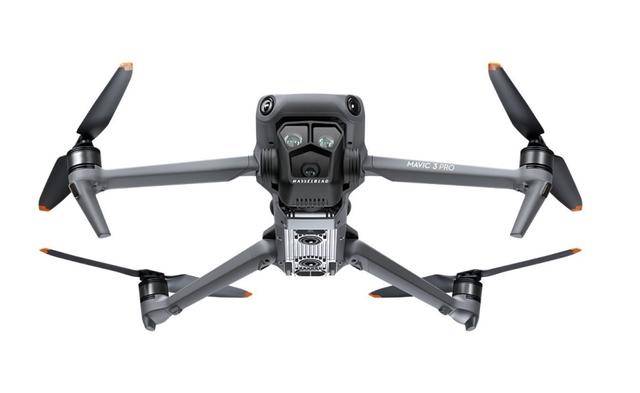As the world continues to leverage the capabilities offered by drones, the demand for drone operators has skyrocketed. One crucial aspect that attracts many aspirants to this field is the drone operator salary. Understanding the financial benefits and job prospects available in this evolving industry is essential for anyone considering this career.
The Growing Demand for Drone Operators
The rapid technological advancements have made drones an indispensable tool in various industries, from filmmaking to agriculture, real estate, and beyond. As these sectors increasingly adopt drone technology, the need for skilled operators has surged, translating into enhanced opportunities and competitive salaries.
Factors Influencing the Drone Operator Salary
Several key factors influence the drone operator salary, including experience, industry, location, and certification levels. Let’s delve deeper into these elements:
- Experience: Entry-level operators might start with a modest salary, but as they gain experience and expertise, their earnings can significantly increase. Senior operators or those with specialized skills, such as operating drones for industrial inspections, can command higher wages.
- Industry: The industry you choose can greatly impact your salary. For instance, drone operators in the film industry may earn differently from those in construction or agriculture.
- Location: Geographical location is another crucial determinant. Operators in urban areas or regions with high demand for aerial services tend to earn more compared to those in rural locations.
- Certifications: Holding advanced certifications or credentials like FAA’s Part 107 Remote Pilot Certificate in the US can enhance your earning potential by showcasing your expertise and commitment to the field.

Average Salaries Across Industries
The average drone operator salary varies across different sectors. Here are some general figures to consider:

| Industry | Average Annual Salary |
|---|---|
| Film and Photography | $50,000 – $80,000 |
| Agriculture | $60,000 – $85,000 |
| Construction | $70,000 – $90,000 |
| Emergency Services | $65,000 – $75,000 |
These figures are indicative, and actual salaries can vary based on the aforementioned factors. It’s imperative to conduct market research specific to your location and industry of interest to get an accurate picture.
Job Roles and Responsibilities
Drone operators are responsible for managing flight operations, maintaining equipment, ensuring compliance with regulations, and capturing high-quality data or images. They must also troubleshoot technical issues and often work collaboratively with other professionals on projects.
Job Outlook: The Future of Drone Operations
With ongoing advancements in technology and ever-expanding applications, the future for drone operators looks promising. As industries discover new uses for drones, opportunities and salaries in this field are expected to continually rise.
FAQ: Frequently Asked Questions
Q: How can I increase my drone operator salary?
A: Seeking advanced certifications, gaining experience in high-demand industries, and continuously upgrading your skills can contribute to a higher salary.
Q: Is a degree required to become a drone operator?
A: While a degree is not mandatory, possessing relevant experience, certifications, and a strong understanding of drone technologies highly enhance employability.
Q: Can drone operators work independently?
A: Yes, numerous operators work as freelancers or start their own businesses, providing services to various clients and industries.
